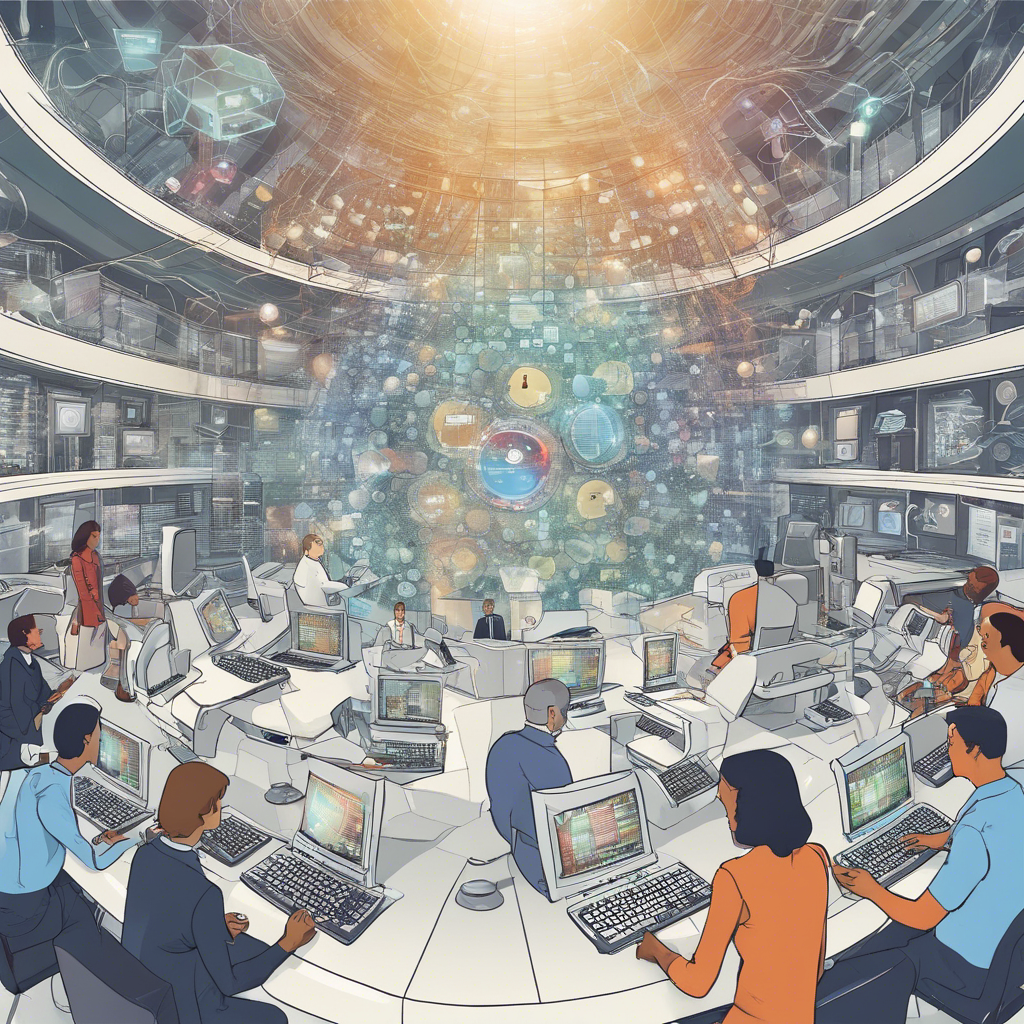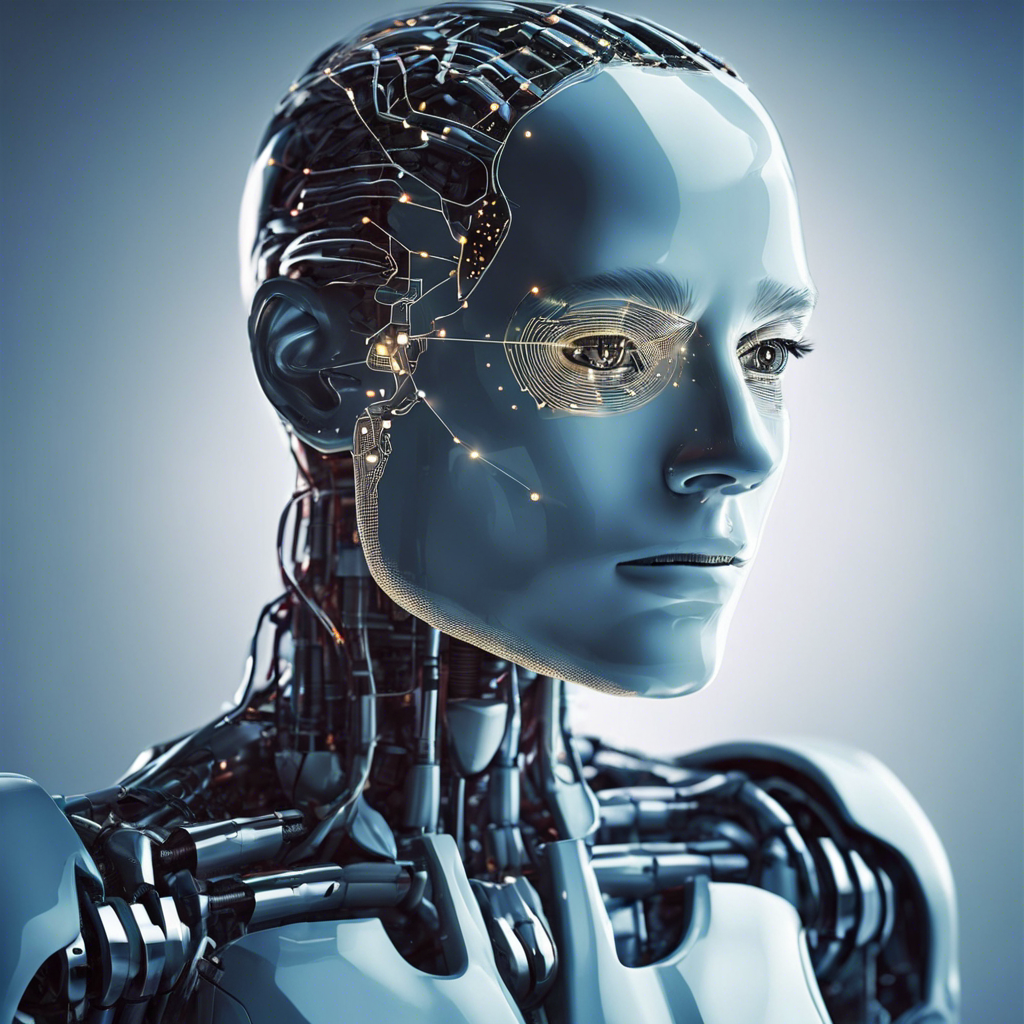Exploring the Synergy Between Computer Science and Health
In an era where technology permeates every aspect of our lives, the intersection of computer science and health holds immense promise for the future. As the world grapples with complex healthcare challenges, researchers and innovators are increasingly turning to computer science to revolutionize the field. From personalized medicine to telemedicine and data analysis, the marriage of these two disciplines is reshaping the way we approach healthcare. In this article, we will delve into the exciting developments at the intersection of computer science and health, exploring the potential benefits and the challenges that lie ahead.
1: Personalized Medicine: Tailoring Healthcare to Individuals
Advancements in computer science have paved the way for personalized medicine, a groundbreaking approach that tailors healthcare to an individual’s unique genetic makeup, lifestyle, and medical history. Through the analysis of vast amounts of data, algorithms can identify patterns and correlations that help predict disease risks and determine the most effective treatment plans. This individualized approach not only enhances patient outcomes but also reduces healthcare costs by avoiding unnecessary treatments and medications.
2: Telemedicine: Revolutionizing Healthcare Delivery
Telemedicine, enabled by computer science, has emerged as a game-changer in healthcare delivery. With the advent of high-speed internet and sophisticated communication technologies, patients can now access medical expertise remotely, eliminating geographical barriers and increasing access to care. Telemedicine has proven particularly valuable in rural areas and underserved communities, where healthcare resources are limited. By leveraging computer science, doctors can provide remote consultations, monitor patients’ vital signs, and even perform surgeries through robotic systems, ensuring that quality healthcare reaches those who need it most.
3: Data Analysis: Unlocking Insights for Improved Patient Care
The abundance of health data generated daily presents a significant opportunity for computer science to drive advancements in healthcare. Big data analytics and machine learning algorithms can sift through vast amounts of patient information, identifying patterns, predicting disease outbreaks, and suggesting personalized treatment plans. By harnessing the power of computer science, healthcare professionals can make informed decisions, improve patient outcomes, and even contribute to public health initiatives such as disease surveillance and prevention.
4: Ethical Considerations: Balancing Innovation and Privacy
While the fusion of computer science and health holds tremendous promise, it also raises important ethical considerations. The collection and analysis of personal health data raise concerns about privacy, security, and consent. Striking the right balance between innovation and safeguarding patient information is crucial. Robust data protection measures, transparent policies, and informed consent processes are essential to ensure that the benefits of computer science in healthcare are not overshadowed by privacy breaches or misuse of sensitive data.
5: The Future Landscape: Challenges and Opportunities
As computer science continues to shape the future of healthcare, several challenges and opportunities lie ahead. The integration of computer science into medical education and training programs is essential to equip healthcare professionals with the necessary skills to navigate this evolving landscape. Collaboration between computer scientists, healthcare providers, and policymakers is crucial to drive innovation and ensure the ethical and responsible use of technology in healthcare. Additionally, investment in research and development is necessary to further explore the potential of artificial intelligence, robotics, and other emerging technologies in healthcare.
Conclusion:
The convergence of computer science and health is transforming the way we approach healthcare, offering personalized medicine, revolutionizing healthcare delivery through telemedicine, unlocking insights through data analysis, and presenting both ethical challenges and opportunities. As we navigate this exciting intersection, it is imperative to prioritize patient privacy, foster interdisciplinary collaboration, and invest in research and development. By doing so, we can harness the full potential of computer science to improve healthcare outcomes and pave the way for a healthier future.











